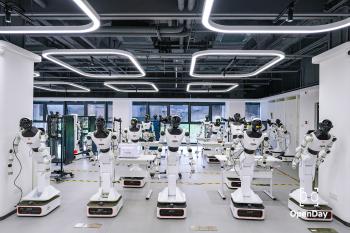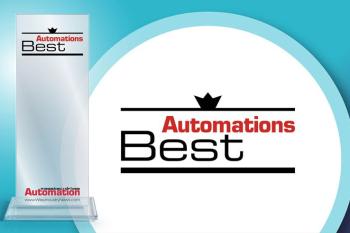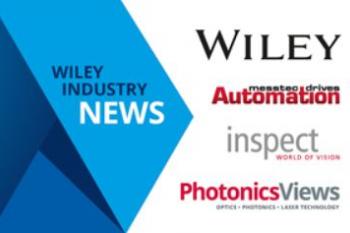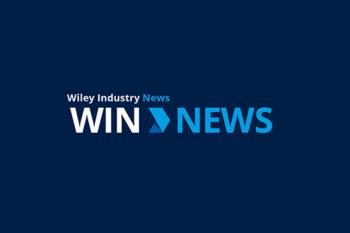NRW quantum roadmap established
12.02.2024 - German state of North Rhine-Westphalia bundles activities for Quantum Technology 2.0, Fraunhofer ILT coordinates.
At a kick-off meeting in Cologne on January 30, 2024, the starting signal for a roadmap was given that will bundle the ongoing activities in the field of quantum technologies at universities, research institutes, start-ups, and companies in the federal state of North Rhine-Westphalia (NRW). The two leading state ministries – for culture and science and for economy, industry, climate protection and energy – have commissioned the coordination office QT.NMWP.NRW and Forschungszentrum Jülich with implementing the roadmap. The Fraunhofer Institute for Laser Technology ILT in Aachen is responsible for coordinating it.
North Rhine-Westphalia has a vibrant quantum ecosystem. Across the state, universities and research institutions, start-ups and established companies as well as supporting initiatives are driving the development of quantum technology into a future market. The state government of NRW is initiating a quantum technology roadmap to bundle these activities, analyze opportunities and potential, and make optimal use of existing strengths and locational advantages. Dr Bernd Jungbluth coordinates the quantum roadmap NRW on behalf of Fraunhofer ILT in Aachen.
Current projects funded by the Federal Ministry of Education and Research (BMBF) are dedicated to quantum optical coherence tomography (OCT). This allows precise insight into ceramics or tissue, the latter of which is very promising for medical diagnostics. The highlight here is that photons of different wavelengths can be entangled with each other. Researchers generate these pairs using lasers and non-linear optics. The process is interesting for measuring in wavelength ranges where detection has so far been complicated.
“In a BMBF-funded ‘lighthouse project for quantum-based measurement technology’, we are part of a large consortium that aims to make OCT technology usable for tumor detection. ILT is contributing a line spectrometer and algorithms. Basic photonic technologies are also important, such as selective laser etching, which we use to introduce micrometer-fine structures into vitreous bodies. We use this to produce ion traps for photonic quantum computers,” explains Jungbluth. Another important project is the ILT’s Rydberg Tweezer Array, which optimally distributes beams in a Rydberg computer. Light from four outputs is split into 2,000 individual beamlets to provide 2,000 qubits.
In the development of quantum networks, the ILT is working very closely with QuTech in Delft, the Netherlands, as part of a strategic partnership. This partnership is an example of how a photonics and laser institute can contribute important technological building blocks for quantum technologies and transfer established methods from developing laser-optical systems. For the quantum internet, the ILT has developed a virtually noise-free quantum frequency converter based on non-linear optics, which has now been used to successfully exchange entanglement over existing telecom fibers between Delft and The Hague.
“We already have a very fertile quantum ecosystem in NRW with chairs at ten universities, including Siegen, Paderborn, Bonn and Aachen, the German Aerospace Center (DLR), Forschungszentrum Jülich, various Fraunhofer Institutes and a wealth of innovative small and medium-sized enterprises as well as spin-offs and start-ups,” Jungbluth says. The spectrum ranges from the development of scalable semiconductor-based quantum computers at the young Aachen-based Arque Systems, to ion trap-based quantum computers at Eleqtron from Siegen, to Pixel Photonics from Münster, which is advancing single-photon detection with superconducting nanowires and photonic integrated circuits (PICs).
So far, seventy companies, universities, and research institutes are on board, many of the players are based in the ‘Laser Region Aachen’. The state is supporting the process with the Ministries for Culture and Science (MKW) and for Economic Affairs, Industry, Climate Protection and Energy (MWIKE).
At the International Laser Technology Congress AKL'24 in Aachen, the ‘Forum Quantum Technology & Photonics’ will be an all-day event on Wednesday, April 17, 2024. In three sessions, it will cover current approaches in quantum computing, the implementation of quantum networks, and the latest hardware developments for quantum frequency conversion and single photon detection. Bernd Jungbluth and Florian Elsen, both Fraunhofer ILT, will moderate the sessions.
AKL has a long standing partnership with Wiley. The April / May 2024 issue of PhotonicsViews will once again contain a special section with a number of invited contributions, reflecting selected conference presentations.








